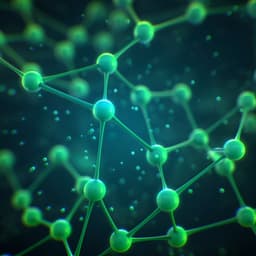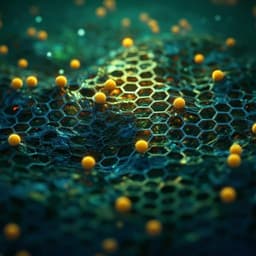
Interdisciplinary Studies
A framework for developing team science expertise using a reflective-reflexive design method (R2DM)
G. R. Lotrecchiano, L. M. Bennett, et al.
Discover the innovative Reflective-Reflexive Design Method (R2DM) designed to enhance team science expertise by integrating individual reflection with group reflexivity. This research, conducted by Gaetano R. Lotrecchiano, L. Michelle Bennett, and Yianna Vovides, addresses individual needs in team science, fostering team readiness and shared values.
Related Publications
Explore these studies to deepen your understanding of the subject.







